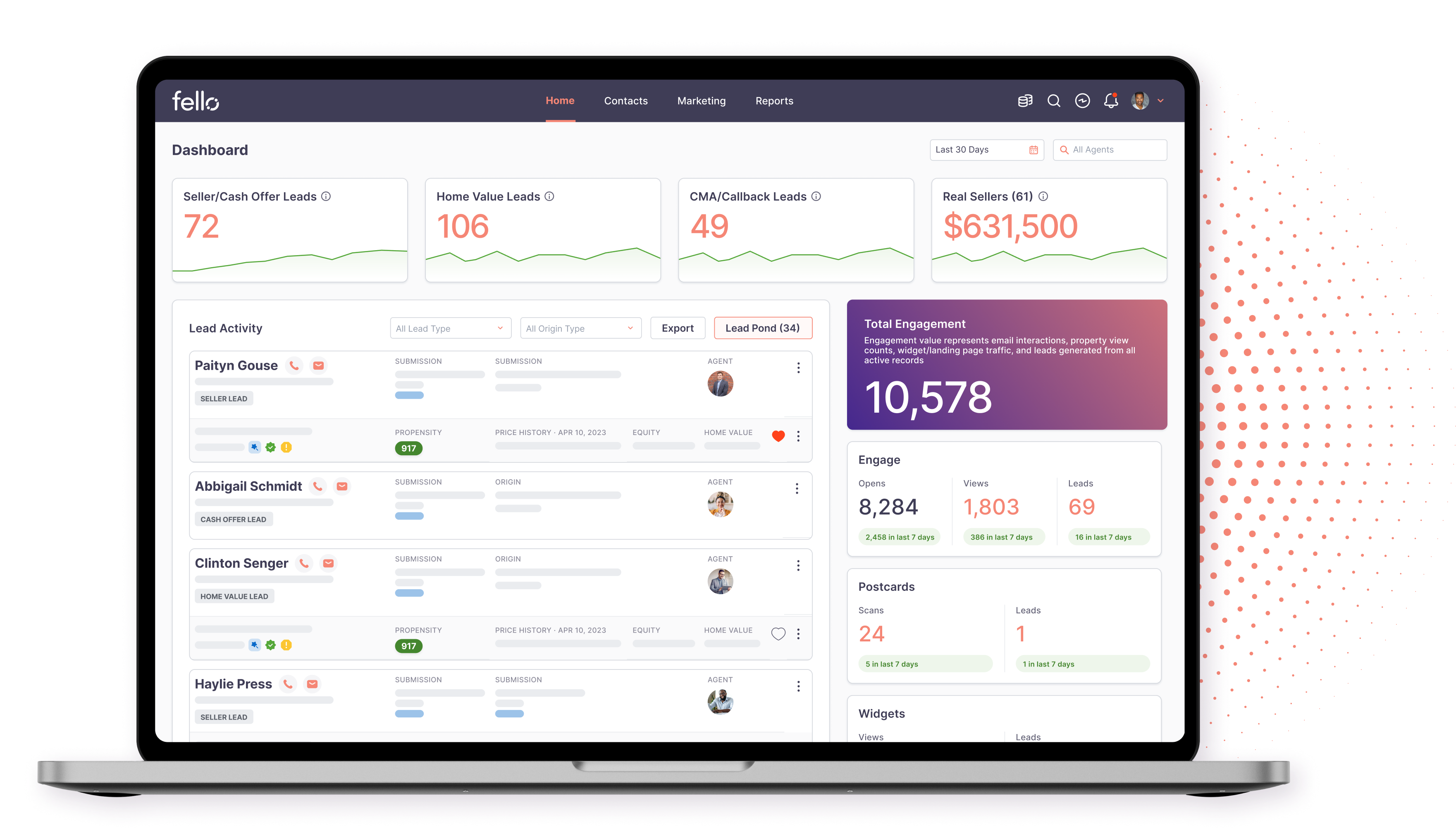Blog Post
Does Working From Home Make You Want to Move?

December 9, 2020 written by Ceci Dadisman
More and more of us are working from home, and half may never return to the office. Many of these workers are discovering that after months of working from home they don't have what they need.
Or, you might have been offered full time work from home with the ability to move anywhere and be considering whether your current location really suits you, especially if you moved there to find employment in the first place.
All of this means that more of us are contemplating moving, and more of us are contemplating moving a considerable distance. Remote work may mean people need more space, especially if they have more than one remote worker. On top of that, the pandemic itself has caused some people to reevaluate their priorities. Being far from family is less appealing than it once was and curtailed abilities to take vacations have made some people realize they actually hate where they live.
So, what is actually going on with remote work and moving?
Some People Need More Space
Remote work plus remote school = several people who all need quiet places to work. In some cases this is temporary, but as the pandemic drags on, some people might be reconsidering whether their home is really big enough for them. A one bedroom apartment, for example, may be perfectly adequate for a couple who both work in the office, then they both come home and realize that things are just not set up for it and there isn't space to fix the problem.
Permanent work from home can allow people to move to a larger place further from the office, resolving the space issue and relieving the conflicts a small space can cause.
Open Plan is Out
Along the same lines, open-plan houses have suddenly become much less popular. One large room may seem great to bring families together, but when families are together constantly, time apart suddenly becomes much more valuable. Everyone being stuck in the same room is just going to cause problems for everyone.
In some cases, open plans can be fixed by putting in walls or dividers. However, some homes may be inherently designed to be open plan, such as "great room" type designs, and some families may be seeking to move to a more privacy-oriented setup. Another issue is that while some people can work in the living room fine, others find that it wrecks their work-life balance and makes it hard to "clock out" at the end of the day. For these people, finding a house with a specialist home office, study, or den may make a huge difference.
Why Not Move To That Dream Retirement Early?
Another thing influencing the decision to move is older workers who were already planning on relocating when they retired.
With remote work, some people are looking at making those moves early, perhaps years early. Moving to a warmer state ahead of retirement allows you to settle into your new community well before you retire, and make a much more accurate judgment about your choice. You can also buy a home while you are still working and able to pay a higher mortgage, allowing you to get a better and larger place in your new community.
Alternatively, older workers might use work from home to allow them to move closer to their children or other family members so that they will have help when they need it. This might be particularly true for people who are mildly disabled or experiencing early mobility problems.
It's About the Money
For other families, it's about the tricky balancing act of a reasonable commute length versus affordable housing. If you have been paying a premium to live close to your office for years, the idea of fleeing to the suburbs might be very appealing. In some cities this can mean the difference between renting a small apartment and buying a house.
This might mean a move to the outer suburbs or to a cheaper city nearby, or fleeing the state altogether. Some employees may restrict where workers can go (for tax reasons). However, for most people, it's possible to find a place in the same state that is cheaper than the large cities.
It's About the Lifestyle
For other workers, getting further out of the city might not be about affording more home, but rather about being closer to the things they love to do. Avid hikers might want to move somewhere with a trail network, skiers want to be closer to a resort, etc. For nature lovers, an "exurban" lifestyle may have been a dream of theirs for years. Other people might want to live near the beach, or in a cute small town.
With remote work, they can pursue it sooner than they might have otherwise (and with all that commute time saved too). The flip side is that as people start to leave the cities, real estate prices there might start to come down for those who want the downtown lifestyle.
So, Should You Move During the Pandemic?
If any of these apply to you, you might be wondering whether you should move during the pandemic. Obviously, this is a decision you need to make carefully. However, one reason to do so is that mortgage rates are currently very low, allowing you to get a good deal on your new home. Make sure to choose a moving company who is taking appropriate precautions and if you're moving across the country, consider a road trip rather than flying.
If you are planning on moving during the pandemic or right after things recover, you should have no problems finding your dream home, but might be worried about selling the one you have now. If you want a quick and stress free sale so that you can head for that small town, beach side resort, or where all your friends moved after college, sell your house to FlashHouse. We will take care of everything so you can head for the next stage of your life without further worry or hassle.

Ready to start driving more seller leads on autopilot?

